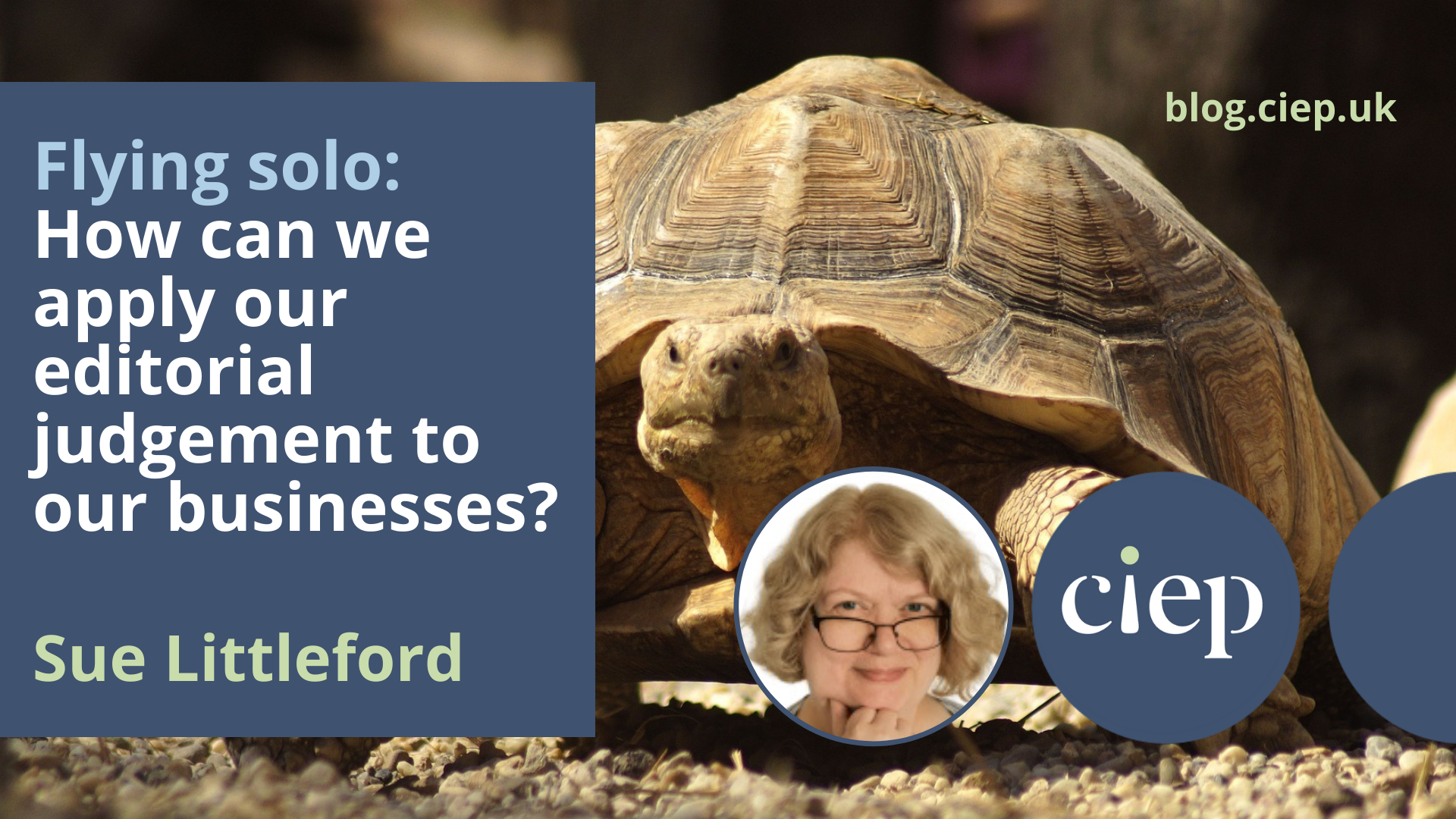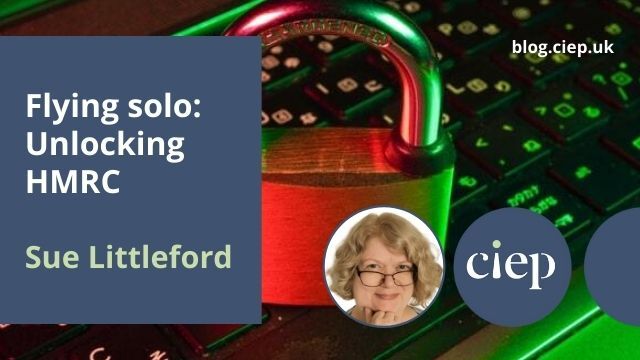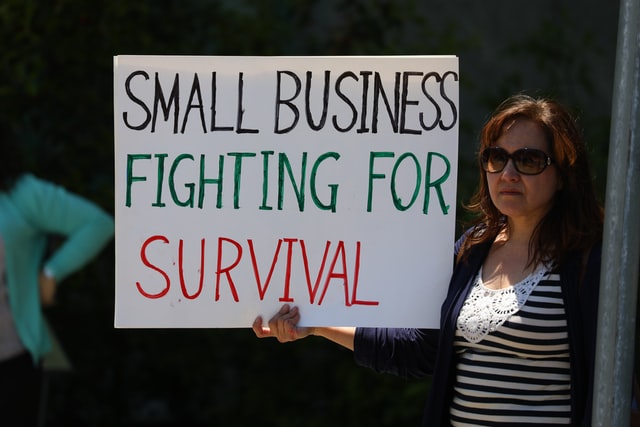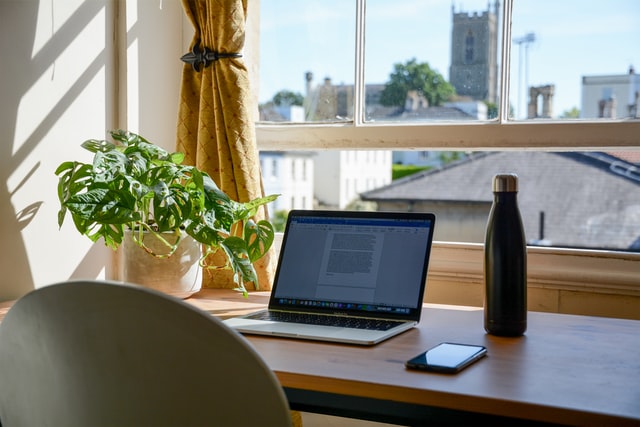In her regular Flying solo column, Sue Littleford considers how the critical skill of editorial judgement can be applied to running an editorial business.
Editorial judgement calls for an understanding of context, for knowing your stuff when it comes to technical matters (whether that’s the finer points of grammar or the finer points of Word or the finer points of inorganic chemistry, if that’s your niche), for knowing when to press ahead and when to leave well alone, and for knowing what resources you need and how to use them.
Each of these skills can also be applied to the way you run your business.
Understanding context
Marketing works best when you know who you’re marketing to. Who do you work for? Who do you want to work for? Who’s your ideal client, and what’s your ideal subject matter, your ideal content, your ideal everything?
Just as in copyediting and in proofreading, you can’t make good decisions until you understand the context.
If you have a marketing budget – and that is a time budget, every bit as much as a cash one – then you want to spend it wisely.
What will give you, to coin a phrase, the biggest bang for your buck? Or your hour?
Where do the clients you want to work with hang out? I closed my Facebook business page. No, don’t squeal in horror! My clients aren’t there – in terms of social media and looking to hire, they’re over on LinkedIn, which is where I’ve placed my focus. I’m not wasting my time updating content for people who aren’t there to read it.
Most of my clients come via my CIEP Directory entry, which I had just updated before drafting a bit more of this post. It’s a worthwhile investment of my time to keep my Directory entry fresh – that’s the context in which my ideal clients are most likely to find me.
Technical matters
The business equivalent of knowing your subjunctive from your style palette is fairly wide-ranging.
Do you understand the laws under which your business operates? Do you have all the necessary licences and permissions? UK residents have a fairly easy ride, it always seems to me, when registering as self-employed. I hear much more complicated stories from people trading in other countries. You need to be on top of these technical issues.
Are you au fait with taxation rules? Are you attending HM Revenue and Customs’ live or recorded webinars on allowable business expenses, record keeping and completing your self-assessment return?
Are you budgeting for the Health and Social Care levy payable from April 2022 being added to Class 4 National Insurance contributions (and then as a separate tax from April 2023)?
If you’re not in the UK, are you doing something similar in your own jurisdiction, ensuring you’re up to speed with the latest tax changes that affect you?
Are you reading up on and generally getting ready for Making Tax Digital (MTD) in April 2024 (again, UK folks only)? Have you started investigating the app you’ll need to use to make your returns?
How about your contracts and your terms and conditions? Fit for purpose? Compliant with the law of your land?
Are you on top of IT security – firewalls, anti-malware programs, back-ups?
What about banking? Do you operate somewhere a separate business account is mandatory? (It’s not a requirement in the UK, for instance, but it is in some countries.) Would a separate business account, even if you’re in the UK, make sense in your circumstances?
Judging what action to take
Now you’ve layered up these transferable skills, you understand the context you want to work within and you know where you want to steer your business. It’s time to exercise more judgement in deciding what action you need to take.
Just as you take an overview of an editorial job, and use the brief and your own technical expertise to decide how to tackle each specific piece of work, apply that same thought process to the wider scale of your business.
Do you need a website? Or a better one?
Should you start a blog? Or should you revive or close down a neglected one?
How will you use social media to market yourself? Which platforms will repay your investment of time? Do you need to remove yourself from any that aren’t repaying your time, or try new ones?
Speaking of time, how should you schedule yours? How many hours a day do you want to work? What steps do you need to bring your current hours up or down to that level? Do you need more clients, or just better-paying work? How will you get from where you are to where you want to be?
How does your work fit around your home life? It’s been especially tricky for so many people in times of Covid, and often difficult adjustments have been made in so many households. Have you found the sweet spot yet? What further adjustments would help? Is any untapped support available, or do you just have to endure for a while longer?
Keep your eyes on the prize – you’re thinking now at whole-business level, not just the piece of work in front of you on your desk.
What about a business retreat? Can you either get away by yourself for a couple of days, or with one or two trusted friends who need to do some in-depth thinking about their big pictures too?
If you need to stay at home, can you schedule a couple of days with your email and phone off? Give yourself breathing space in which to lift your eyes up to the horizon and take the long view of where you want to be headed.
From your musings, you will return to your quotidian world with action plans for each area of your business that was under consideration this time.
Maybe you should concentrate your business retreat on just one area. I know I need to be better prepared for disaster recovery, for instance, and I need to give some serious thinking and investigation time to it.
Judging what action not to take
But, just as in editing and proofreading, you also need to know when to leave something untouched – it might not be perfect, but it’s certainly good enough. Don’t pressurise yourself to write action plans to overhaul parts of your business that are working well enough.
Again, just as in editing and proofreading, you also need to think about the brief – the framework you’re operating in – and budgetary constraints. Perfection is a ridiculous and pointless goal. Good enough within the circumstances is what we’re aiming for.
Time spent running your business is an overhead that facilitates earning money, but it is not time spent actually earning it. So keep your action plans modest. No counsels of perfection. No eye-wateringly demanding roadmaps to some unachievable Utopia.
Take simple steps (if they’re not simple, you’ve not broken them down enough) that will either repay the investment now, or lay the groundwork for part of a larger strategy. Just keep it moving forward. Think in terms of the tortoise and the hare, if the tortoise could occasionally break into a trot.
Does each step take you closer to the goal? Or are you doing things that are unnecessary, and no one is paying you for? You try to avoid that when you’re working with text. Apply the same judgement to your business.
Good enough is good enough.
What about resources?
Now you’ve worked out which actions you need to take, and which you can delay or completely forget about, what do you need to help you along?
How will you make your plans practical?
Do you know where to find business support (in the UK, try Small Business Britain or IPSE) or guidance on getting along with HMRC? How about guidance for MTD preparation?
Would you benefit from advice on IT security? Or on contracts?
If you’re a member of the CIEP at one of the professional grades, did you know you can get some free legal advice? (Log in to the CIEP website, go to the members’ area, then Benefits and scroll down to the last block of info.)
Are you aware of all the member benefits the CIEP offers? It’s a growing list! Are you signed up to and do you use the forums? They’re one of the best benefits – places to ask questions and offer answers to others, and take part in discussions that may well broaden your scope. Even if you only join the forums to lurk – to read without posting – you’ll find a wealth of helpful and interesting material.
If you’re not a member, then take a look at the resources the CIEP offers to the public.
More prosaically, do you buy reference books on paper or use online versions? Style manuals, dictionaries, grammars, editorial textbooks, etc? Which is most cost-effective for you?
Have you checked you’re on the fastest broadband package you can afford from your supplier? If your connection is a bit unreliable, or slow, then you might feel it’s a sensible investment to have paper copies of certain reference works – perhaps in addition to online versions.
What about founding a mutual support group – people who can help out if you can’t work and need someone to complete the job? Could that group also be a mastermind or accountability group to support you in your business as well as your editing and proofreading?
The bottom line
You’ve spent a lot of time and effort – and money – in developing your skills as an editor and/or proofreader. You’ve undertaken training to learn your craft and how to apply editorial judgement as you work with the text.
Businesses don’t happen by accident – and they don’t stay viable by accident, for the most part.
The judgement you rely on when working with words is just as applicable to your business life. Make good use of it!
About Sue Littleford
 Sue Littleford is the author of the CIEP guide Going Solo, now in its second edition. She went solo with her own freelance copyediting business, Apt Words, in March 2007 and specialises in scholarly humanities and social sciences.
Sue Littleford is the author of the CIEP guide Going Solo, now in its second edition. She went solo with her own freelance copyediting business, Apt Words, in March 2007 and specialises in scholarly humanities and social sciences.
 About the CIEP
About the CIEP
The Chartered Institute of Editing and Proofreading (CIEP) is a non-profit body promoting excellence in English language editing. We set and demonstrate editorial standards, and we are a community, training hub and support network for editorial professionals – the people who work to make text accurate, clear and fit for purpose.
Find out more about:
Photo credits: tortoise by Marzena7 on Pixaby, notebook by Suzy Hazelwood from Pexels.
Posted by Harriet Power, CIEP information commissioning editor.
The views expressed here do not necessarily reflect those of the CIEP.
















